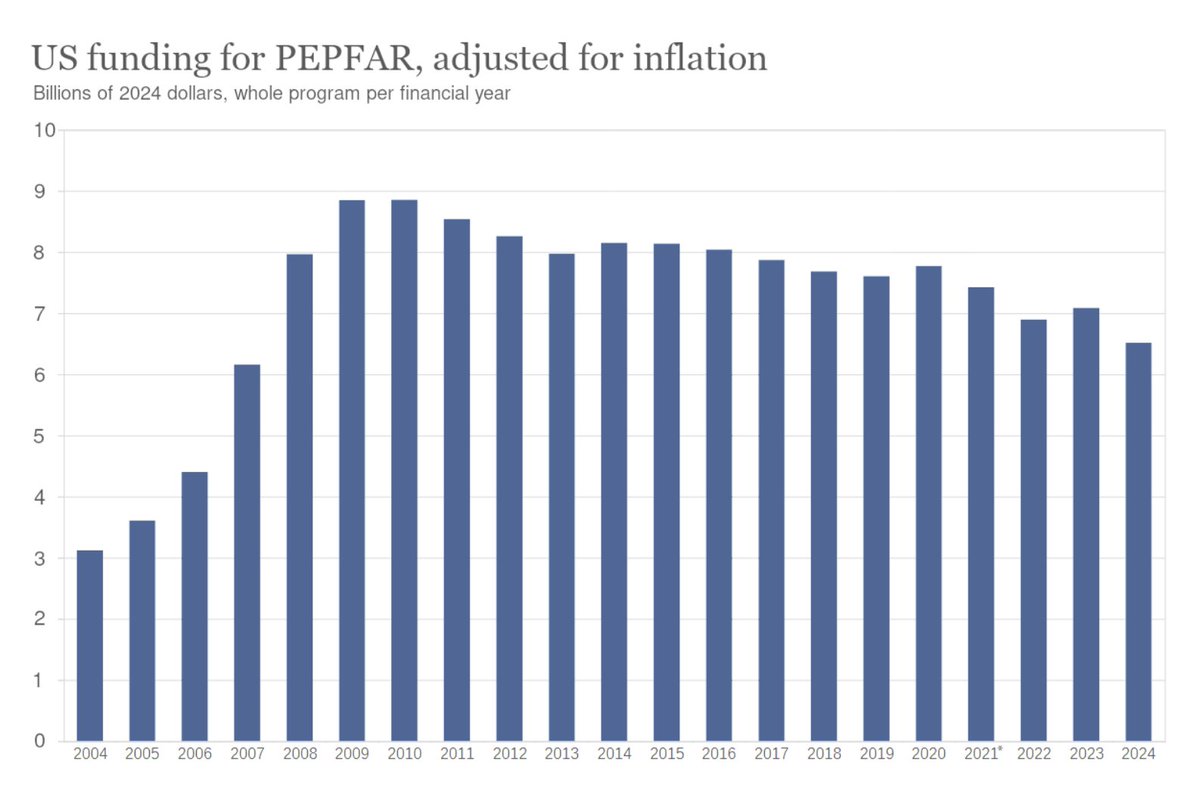I actually watched the whole #AlphaStar demo this morning with my girlfriend, who unlike me actually plays StarCraft. Read the article (vox.com/future-perfect…), but thoughts:
The systems we watched were trained for seven and fourteen days real-time, which is 200-400 years of gameplay time accumulated. In a way, "number of days" is misleading as a stat, it's pretty much just a function of how much compute you bought.
Nonetheless I think it merits a mention, because ....DeepMind decided in November or December to focus here. They then got top-pro level play in the space of about a month real time. Yes, this is because they can do a lot in parallel. But... they can do a lot in parallel.
From an AI capabilities perspective it's the amount of compute that's actually interesting. But from the perspective of thinking about how the deployment of these systems is going to happen, the fact so little real-world time is required is pretty critical actually.
Girlfriend and I disagree on whether this level of play given this much training time is impressive. I think it is. If you can get up to superhuman levels with two hundred years of training data there's a lot you can get up to superhuman levels at.
Girlfriend mostly contests that AlphaStar is all that superhuman. It wins by leaning in to its advantages as a computer -- micro, precision, multitasking. It's technically at par with humans in reaction time and actions per minute, but we both think a bigger handicap appropriate.
I think I have a model where.... human-level decisionmaking in most arenas plus the ability to really lean into the advantages of being a computer might be all you need.
• • •
Missing some Tweet in this thread? You can try to
force a refresh








